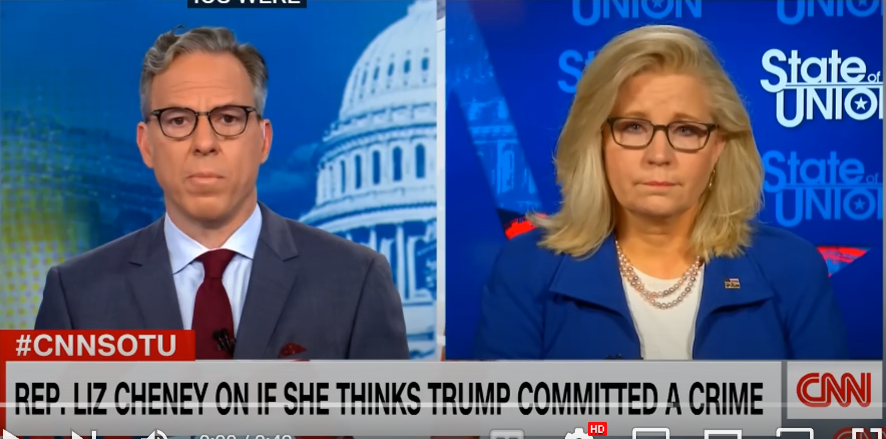In private conversations, most of us tend to speak freely, often expressing our personal opinions on a variety of topics. But if you are a spokesperson for a company, government entity, trade or industry association, your personal opinions should take a back seat to the public positions of the organization you’re representing during a media encounter.
Expressing your personal opinion on an issue or event can get you into big trouble if it turns out the group you’re representing doesn’t share your opinion or is not ready to publicly acknowledge it. So, when Congresswoman Liz Cheney was asked during a CNN interview to give her personal opinion about whether former president Donald Trump should be charged with a crime, she avoided a direct answer. Cheney did so because she was not representing herself during the interview. As vice-chair of the January 6 congressional committee investigating the assault on the U.S. Capitol, she was representing the entire committee. Her answer reflected that role, as you’ll see in the clip below.
Of course, if you have followed the January 6 hearings, you know Cheney has been extremely critical of Trump and probably believes the former president broke the law. But her role in this and other interviews is to represent the committee and not express her own personal opinion about alleged criminal behavior until the entire committee issues a formal opinion on the issue.
So, if a reporter asks you to give your personal opinion, don’t take the bait. Focus on giving your organization’s viewpoint and avoid the personal opinion trap.

